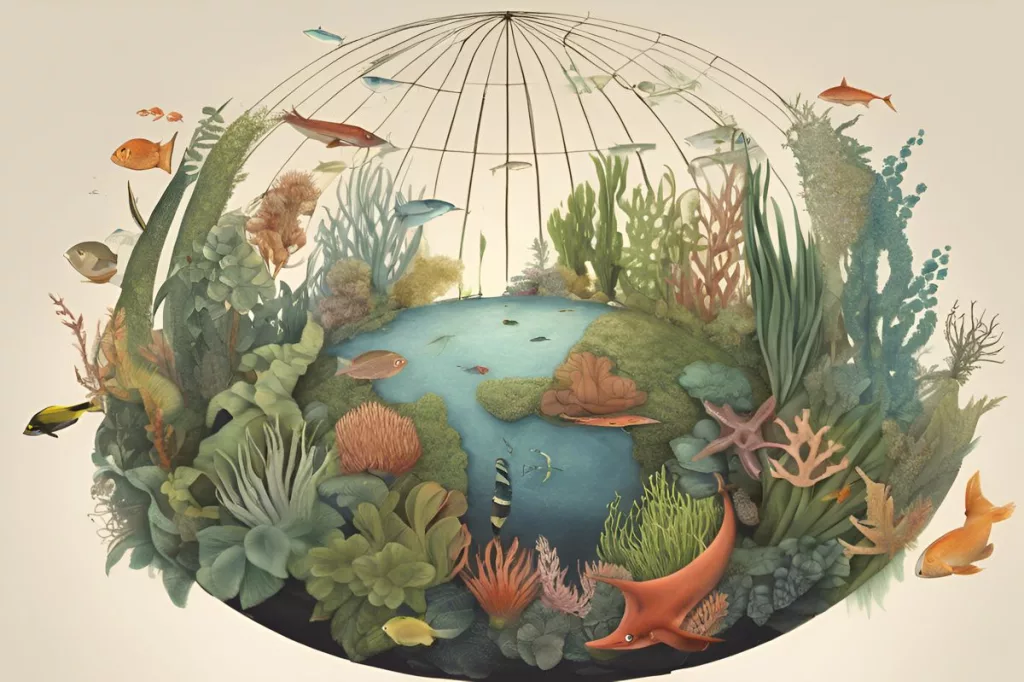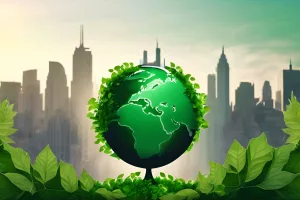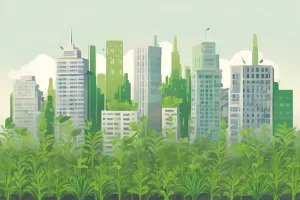Global cooperation for environmental sustainability is all about countries working together to tackle big problems like climate change, pollution, and the loss of plants and animals. Recently, leaders gathered in Rio de Janeiro to discuss how to help those who need support, especially developing countries. They talked about protecting oceans, reducing waste through recycling, and finding new ways to finance these efforts. The message was clear: if we combine our resources and ideas, we can create a healthier planet for everyone now and in the future. Together, we can make a difference!
Premier Alan Winde played a key role in Climate Week, representing Africa as cochair of the Under 2 Coalition in New York. His focus is on working together to fight climate change and helping communities adapt to its impacts, all while sticking to the Western Cape’s Vision 2050 for a better future. At the same time, Cape Town is hosting its own Climate Week, echoing the global discussions and highlighting local efforts to tackle climate issues. Both events show how important it is to work together, bringing global and local voices together to create a sustainable and fair world for everyone.
Cape Town has won the national title for the World Wildlife Fund One Planet City Challenge (OPCC) twice, showcasing its commitment to sustainable urban development and renewable energy. The OPCC challenges cities globally to set climate goals aligned with the Paris Agreement’s objective of limiting global temperature increase to 1.5 °C. Cape Town’s strategies include condensed urbanization, transport electrification, and a balanced integration of adaptive actions, mitigation initiatives, and the United Nations’ Sustainable Development Goals, setting a worldwide exemplar for a future where urbanization coexists with sustainability. This triumph serves as a beacon of hope for cities across the globe.
As the 2023 winter season progresses, South Africa’s agricultural sector is experiencing a mix of thriving crops and livestock in most areas. However, some regions, including the Western Cape, Northern Cape, and Eastern Cape, continue to experience dry conditions. Despite this, most provinces’ significant dam levels remain high, thanks to the country’s dynamic weather patterns and diligent resource conservation efforts.
The COVID19 pandemic has severely impacted the tourism industry in South Africa, with many businesses struggling to stay open. As a result, the Green Tourism Incentive Programme (GTIP) has been established to support small and mediumsized tourism enterprises to promote sustainable tourism practices.





